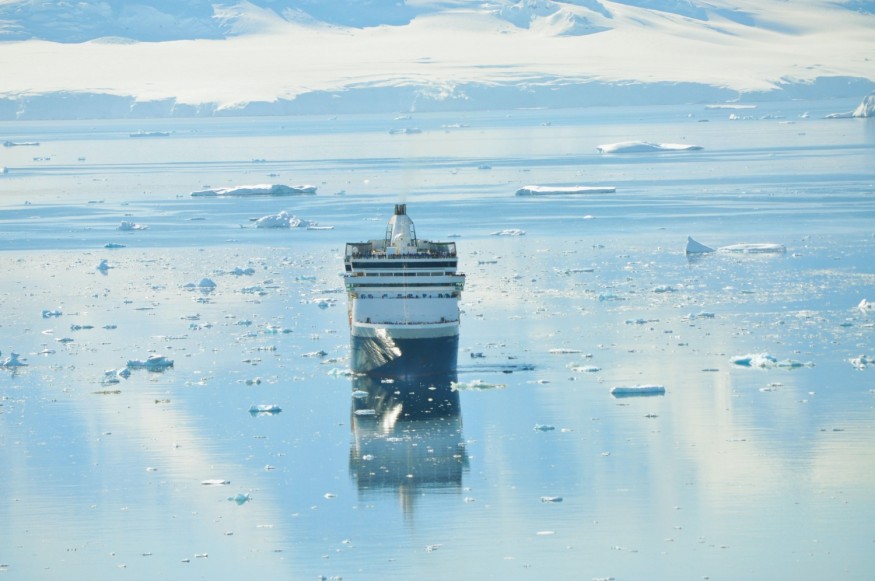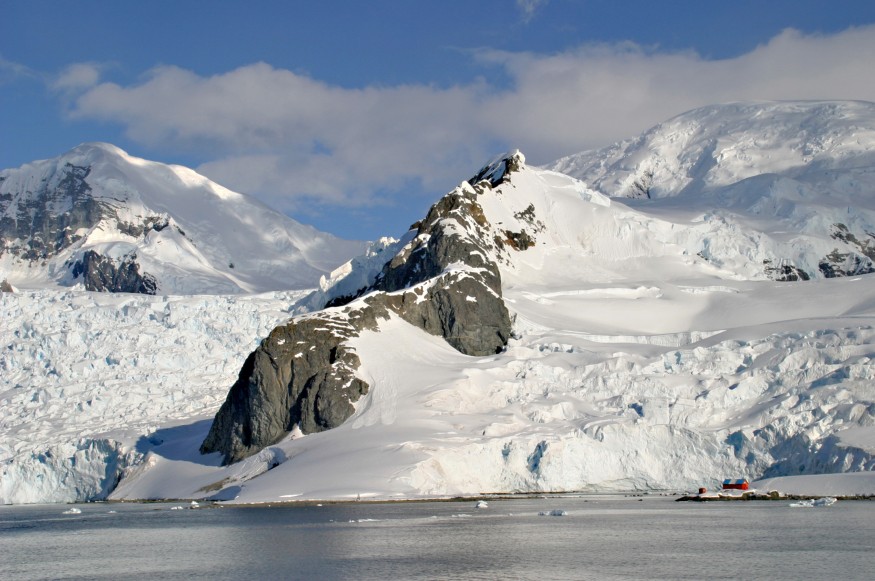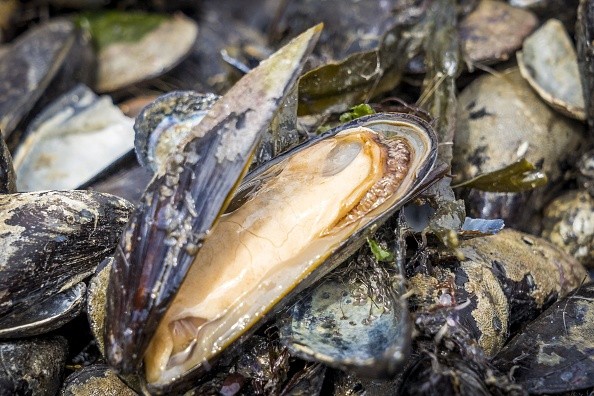Algae, barnacles, mussels, and other invasive species pose a danger to Antarctica's unique ecosystems as they 'hitchhike' across the waters aboard research, supply, and tourist ships.

This is the warning of academics from the University of Cambridge, who tracked the movements of ships entering Antarctic seas from 2014 to 2018.
Discovering Links

The researchers discovered 1,581 ports worldwide with connections to the southernmost continent, all of which they believe might be a source of invasive species.
The scientists discovered that ships in Antarctica mostly came from South America, northern Europe, and the western Pacific, based on port call data and satellite images.
Isolated but Diverse Ecosystem
The Southern Ocean, which surrounds Antarctica, is the world's most isolated maritime ecosystem, supporting a diverse range of vegetation and wildlife.
Because of their seclusion, they have not learned to tolerate diverse species prevalent in other parts of the world.
Mussels, for example, would have no competition in Antarctica if introduced to the Southern Ocean and could readily establish a troublesome footing.
Meanwhile, shallow-water crabs, another species capable of hitchhiking on ship hulls, would introduce a new type of predation to Antarctic life.
Invasive Species All Over the World
Fortunately, the Southern Ocean is now the only worldwide marine zone free of invading species.
According to the scientists, increased ship traffic in the region risks altering this, and they have advocated for better biosecurity standards for boats traveling to Antarctic seas.
David Aldridge, a conservation ecologist at Cambridge, and his colleagues conducted the research.
Professor Aldridge noted, "[Antarctica's] native species have been separated for the previous 15-30 million years."
'One of the largest dangers to Antarctica's biodiversity is invasive, non-native species,' he noted.
'They could also have economic consequences if fisheries are disrupted.'
(Invasive species, according to the researchers, might disrupt massive krill harvests in the southernmost oceans, which are utilized as fish food by the worldwide aquaculture sector.)
The team is especially concerned about the flow of animals from the Arctic to the Antarctic because these critters will already be accustomed to the cold.
Related Article : Invasive Birds Battled for Supremacy over Tokyo Skies
Spreading Risk
They might theoretically be transported from pole to pole on the hulls of research or tourist vessels that spend the summer in Arctic waters before crossing the Atlantic to arrive in time for the Antarctic summer season.
'Where a ship has gone determines the species that develop on its hull,' said research author and ecologist Arlie McCarthy, also of the University of Cambridge.
'We discovered that fishing vessels operating in Antarctic seas visit a relatively small number of ports, whereas tourist and supply ships circumnavigate the globe,' she noted.
According to a previous study, the longer a biofouled ship stays in an area, the more probable the non-native species clinging to its hull would be introduced into the environment.
Biosecurity

According to a recent study, research vessels spend more time in Antarctic ports on average than those transporting tourists, with fishing and supply ships staying even longer.
'We were astounded to discover that Antarctica is far more internationally connected than previously imagined,' Dr. McCarthy remarked.
'Our findings suggest that biosecurity measures should be deployed in a broader variety of sites than they are now.'
'Strict rules exist to prevent non-native species from entering Antarctica, but their effectiveness is contingent on obtaining the knowledge needed to make management choices.'
'We hope that our results will help us spot invasive species before they become a problem,' says the researcher.
'Biosecurity efforts to safeguard Antarctica, such as cleaning ship hulls, are now centered on a small handful of recognized "gateway ports,"' said article author and British Antarctic Survey physiologist Lloyd Peck.
'With these new findings, we argue for enhanced biosecurity standards and environmental protection measures to protect Antarctic waters from non-native species, especially when ocean temperatures rise as a result of climate change,' the researchers write.
The study's findings were published in the Proceedings of the National Academy of Sciences publication.
Also Read : Top 5 Most Destructive Invasive Species Today
For the most recent updates from the animal kingdom, don't forget to follow Nature World News!
© 2025 NatureWorldNews.com All rights reserved. Do not reproduce without permission.





